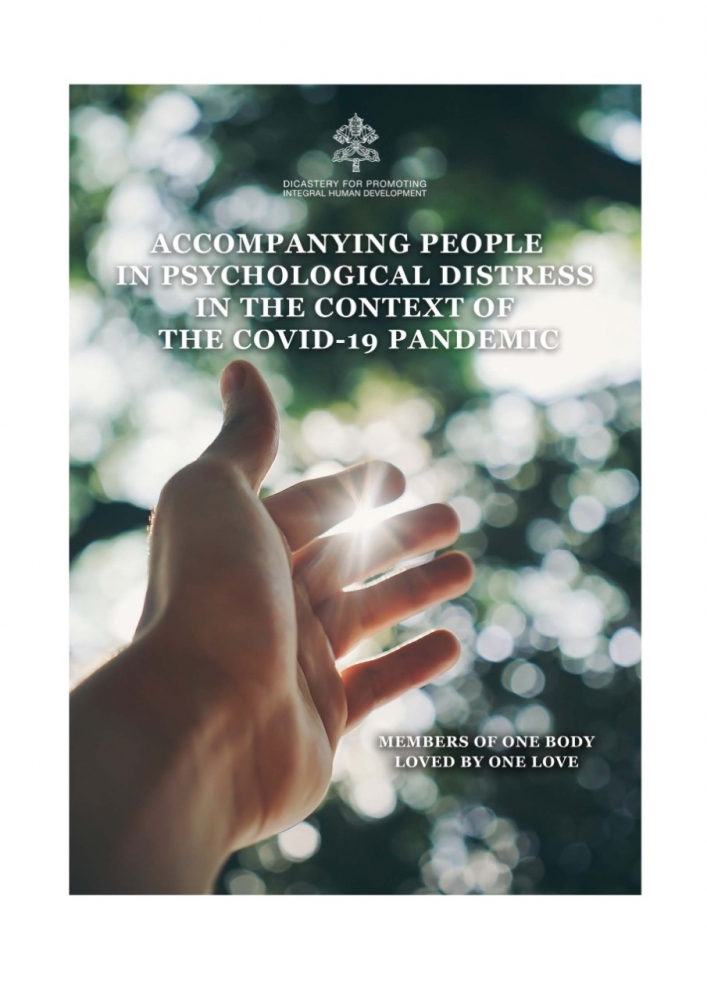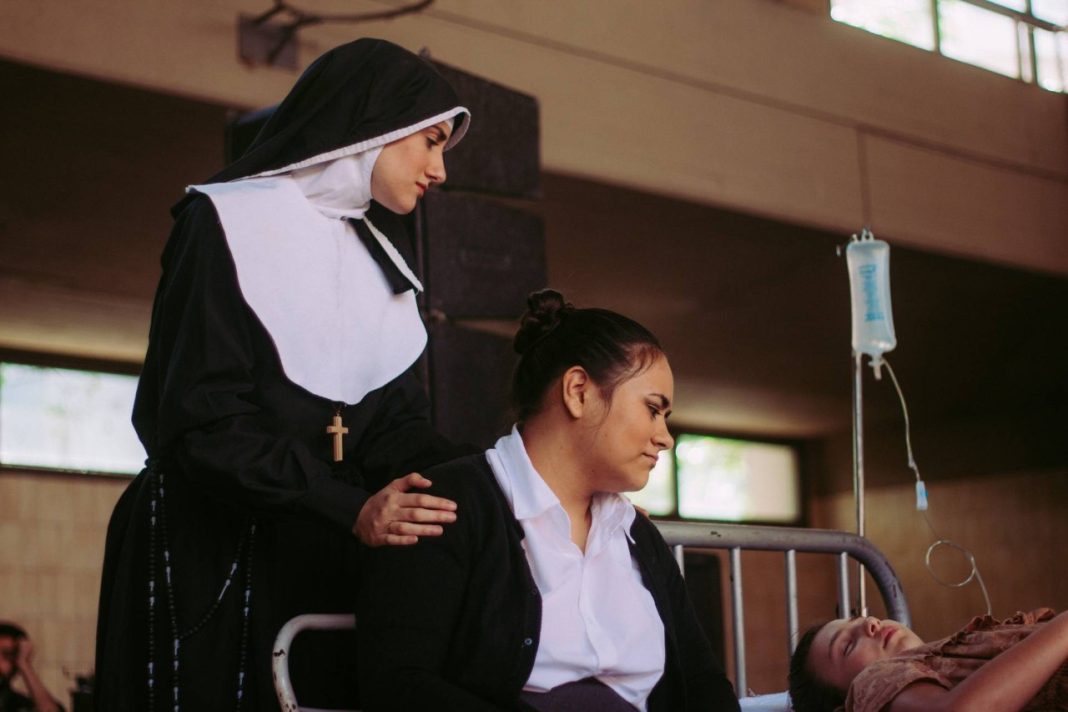The Dicastery for Promoting Integral Human Development has released a new document entitled “Members of one body, loved by one love: Accompanying people in psychological distress in the context of the COVID-19 pandemic”. The following is a short presentation of the text by Mgr Bruno-Marie Duffé, Secretary of the Dicastery.
The global epidemic of COVID-19 has challenged our physical resistance and revealed the fragility of our bodies. It has also affected the psychological balance of many people. Concern about a mysterious, unknown disease and an elusive future has activated the fear of death – and the fear of loneliness or abandonment – for many. The experience of mourning for loved ones or friends, without the possibility of funeral rites, was all the more powerful for those suffering from mental frailty.
It seemed important for a team from the Dicastery for Promoting Integral Human Development to propose an in-depth reflection to those who are involved in accompanying particularly vulnerable people: the elderly, migrants, seafarers, the unemployed and homeless, people in detention. Without forgetting those who give their skills, their strengths and sometimes even their lives to caring for others.
Accompanying is not always easy, when one is faced with lonely, depressed, distraught brothers and sisters who have sometimes lost the points of reference and support through which a life is built, in dignity and hope. Confinement itself has sometimes amplified certain anxieties or provoked acts of violence, within families or in certain neighbourhoods of our cities.
We wanted to recall the basics of an attitude of understanding. Because it is above all a matter of listening to and understanding the human person: body, soul, relationship, desire and hope. It is about taking on a responsibility that is fundamentally a reciprocity: when a person feels listened to, they feel better. The spiritual dimension – which is the need to breathe and trust – is vital. It is an encounter with the Other, without fear, and a recognition that consoles and uplifts.
The Church, in each of its members, is called to live a mission that is, above all, a presence. Accompaniment is a delicate attention, a solicitude that breaks loneliness. “I think and will think of you; think also of me”: this is the message of discreet and respectful accompaniment. With living accompaniment, we understand that we accompany one another.
In the manner of the Good Samaritan, to whom Pope Francis refers in his encyclical “Fratelli tutti” (October 2020), we let ourselves be touched by the one who is abandoned on the side of the road and we find our joy in offering him our consideration and our love.
The document is available for download here.



